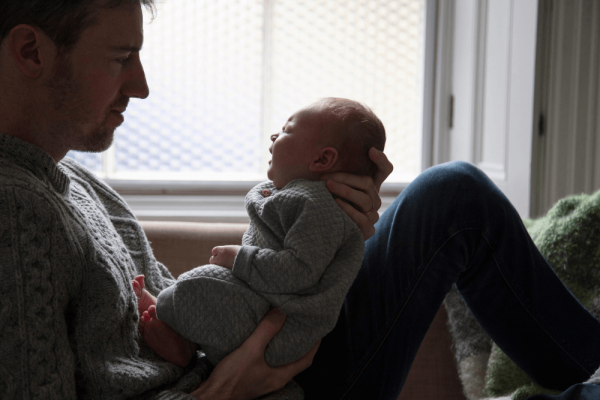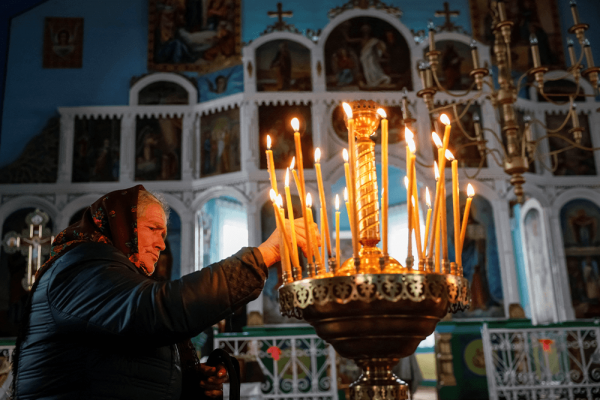The new Peacock TV series Mrs. Davis has the most unhinged first 15 minutes of possibly any show I have ever seen. Men burn at the stake, heads roll, water is walked on, blood fountains.
Let’s be clear: Neither Title 42 nor Biden’s new policies meet the biblical standard of “welcoming the stranger,” which for us includes thousands of migrants at the U.S.-Mexico border seeking refuge from violence and extreme poverty.
On April 18, the court heard oral arguments in Groff v. DeJoy, a case addressing an employer’s obligation to accommodate religious employees’ requests under federal law. The dispute involves a Christian postal worker who quit his job and sued the U.S. Postal Service after he was unable to find coverage for his Sunday shifts. Current law requires employers to make accommodations for workers’ religious requests only if doing so doesn’t impose more than a minimal cost on their business, known as the “de minimis” standard.
After listening to the oral arguments in the case, I believe it’s very likely the court will overturn the de minimis standard and require employers to accommodate more religious requests.
In a country with the weakest parental leave standards of all its economic peers, church policy to support new parents is rarely more generous than what one might get from a public school, an architecture firm, or a dentist’s office. In many cases there is no set policy, and ordained and lay staff are sometimes treated differently.
In short, the gospel demands that the church asks some basic sociological questions to help it navigate difficult social waters. In regard to trans people, our questions should be informed by the work of people like organizer and writer Dean Spade, who wrote the book Normal Life. How does our society, with all its norms, move trans people closer to vulnerability and death, or closer toward security and life?
A Filipino priest is touring top European banks to demand they curtail ties with companies behind new fossil fuel projects in a region of his home country that is rich in fish and coral. But he is leaving his meetings with bankers feeling frustrated.
As a crowd gathered outside the white-brick Orthodox church in the village of Karyshkiv in western Ukraine, raised voices quickly turned to shouting. Soon old women were crying. The villagers were quarrelling over the affiliation of their parish church, which belonged to the Ukrainian Orthodox Church (UOC) that the government in Kyiv accuses of being under the influence of Moscow.
As a mother and teacher, I spent one year researching 50 women — one from each state in the country — who are working toward climate justice. I documented these stories in the book Love Your Mother: 50 States, 50 Stories, and 50 Women United for Climate Justice. What I found in the South were role models on the frontlines of the climate crisis: From the hurricane zone of the Gulf Coast to the urban center of Atlanta, I discovered women who knew how to use their wit, intelligence, faith, and family to fight for their connection to home and the health of those they love.
Unlike many possession stories, The Evil Dead franchise envisions a world without hope of exorcism. The unique version of evil in this franchise calls to mind the cruelty of empires old and new.
Adoption allows us to bring near to us those who hold in themselves the kingdom of God (Luke 18:16). By invoking the language of “sacramental” here, I am naming the ongoing dialectic between the ordinary and the theological. As a sacramental practice, earthly adoption does not hold the same consequences or eternal import as our salvific adoption in Christ. However, these two realities can speak into one another. This is what a life marked by the sacramental looks like: finding spaces where the ordinary, mundane things of life are instilled with a greater sacred significance of liberation and love; and, in return, point us to divine realities that we are invited to participate in.









